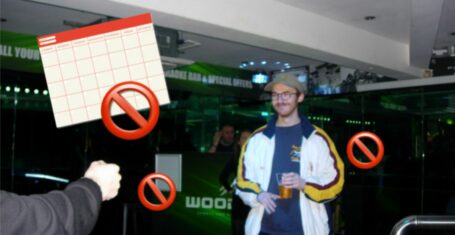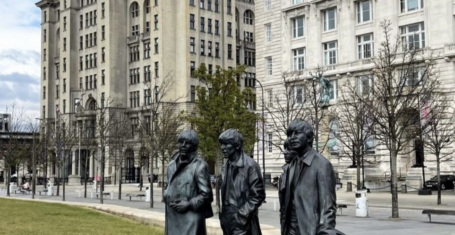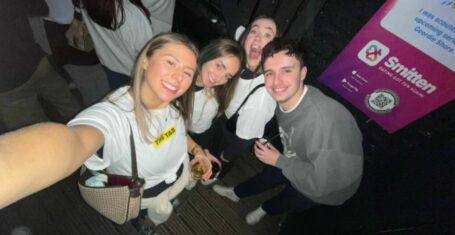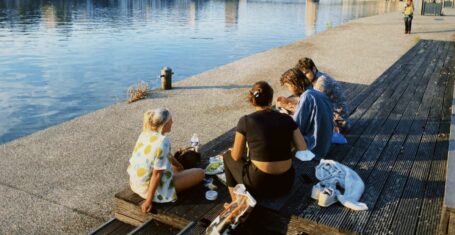
The Guild are installing life-saving devices on campus
They’re defibrillators to restart your heart
Adam Power, a third year physiology student, began a petition on the Guild website to install an AED on campus, which you can support here. AED stands for Automated External Defibrillator, and they’re used to administer an electric shock to the heart during cardiac arrest – which is when the heart has stopped beating. Adam says it’s not related to the elderly man who died at the guild earlier this month, but since an AED is a life saving device and are installed in many public places, it would’ve been useful to have one.
The Guild are currently in contact with Adam and have expressed that they are in favour of an AED being fitted. Official confirmation will be made in the near future. They also said the response was un-precedented for their ‘Change It’ scheme.
Adam told us,
“At the start of first year I noticed there was a lack of AED’s both at the guild and across campus. AEDs are installed in many public places so keep a look out, like supermarkets, shopping centres, football stadiums, train stations and many office workplaces.
“It’s clear the university are behind the times not having AEDs installed. If a person suffers a cardiac arrest there is statistics that show a massive increase in survival of an out of hospital cardiac arrest with early bystander chest compressions (CPR) and an early shock using a defibrillator. Unfortunately ambulance services across the country aim to get to a cardiac arrest within 8 minutes, though if a person is not breathing every second counts and early intervention is key for a bystander to perform CPR and if possible an AED to ‘shock’ the heart into a normal rhythm.”
Although it seems like a big ask to expect someone to know what to do in the circumstances, Adam explained that the device itself actually gives instructions on how to use it.
“The device is extremely easy to use and tells you what to do as soon as you open it. The verbal commands will instruct you what you need to do such as remove clothing, how to place the shock pads on the persons chest, when to give CPR and stating when to administer a ‘shock’ – which is an electrical current given directly to the person to try and restart the heart to a normal rhythm.”
Adam also wants to run some “basic first aid training at the Guild for students and staff which will cover how to assess an unconscious person, what to do when someone is in cardiac arrest and how to use an AED.”
Adam is a committee member for the First Aid Society, and encourages attendance to their meetings.
“Any student is welcome to attend the society meetings who would like to learn first aid, meetings take place weekly at 6pm on a Monday in the Guild. My aim is to spread awareness of the importance of AEDs and for everyone to know how to act and what to do when a person is in cardiac arrest.”









































